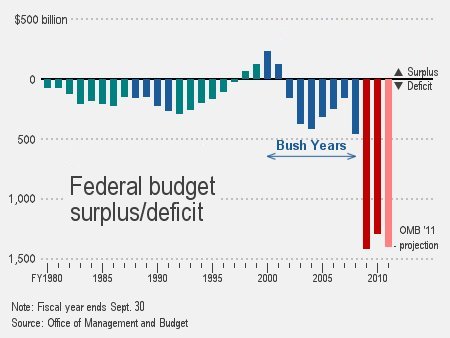Let’s take a trip into the future, looking past Tuesday’s midterm election.
For the sake of argument, let’s assume that, come Tuesday, the Republicans take both houses, in a stunning landslide not seen in more than a century. Let’s also assume that the changes in Congress are going to point decidedly away from the recent liberal policies of large government (by both parties). Instead, every indication suggests that the new Congress will lean heavily towards a return to the principles of small government, low taxes, and less regulation.
These assumptions are not unreasonable. Not only do the polls indicate that one or both of the houses of Congress will switch from Democratic to Republican control, the numerous and unexpected primary upsets of established incumbents from both parties — as well the many protests over the past year by large numbers of ordinary citizens — make it clear that the public is not interested in half measures. Come January, the tone and direction of Congress is going to undergo a shocking change.
Anyway, based on these assumptions, we should then expect next year’s Congress to propose unprecedented cuts to the federal budget, including the elimination of many hallowed programs. The recent calls to defund NPR and the Corporation for Public Broadcastings are only one example.
When Congress attempts this, however, the vested interests that have depended on this funding for decades are not going to take the cuts lightly. Or to put it more bluntly, they are going to squeal like pigs, throwing temper tantrums so loud and insane that they will make the complaints of a typical three-year-old seem truly statesman-like. And they will do so in the hope that they will garner sympathy and support from the general voting public, thereby making the cuts difficult to carry out.
The real question then is not whether the new Congress will propose the cuts required to bring the federal government under control, but whether they, as well as the public, will have the courage to follow through, to defy the howls from these spoiled brats, and do what must be done. » Read more

